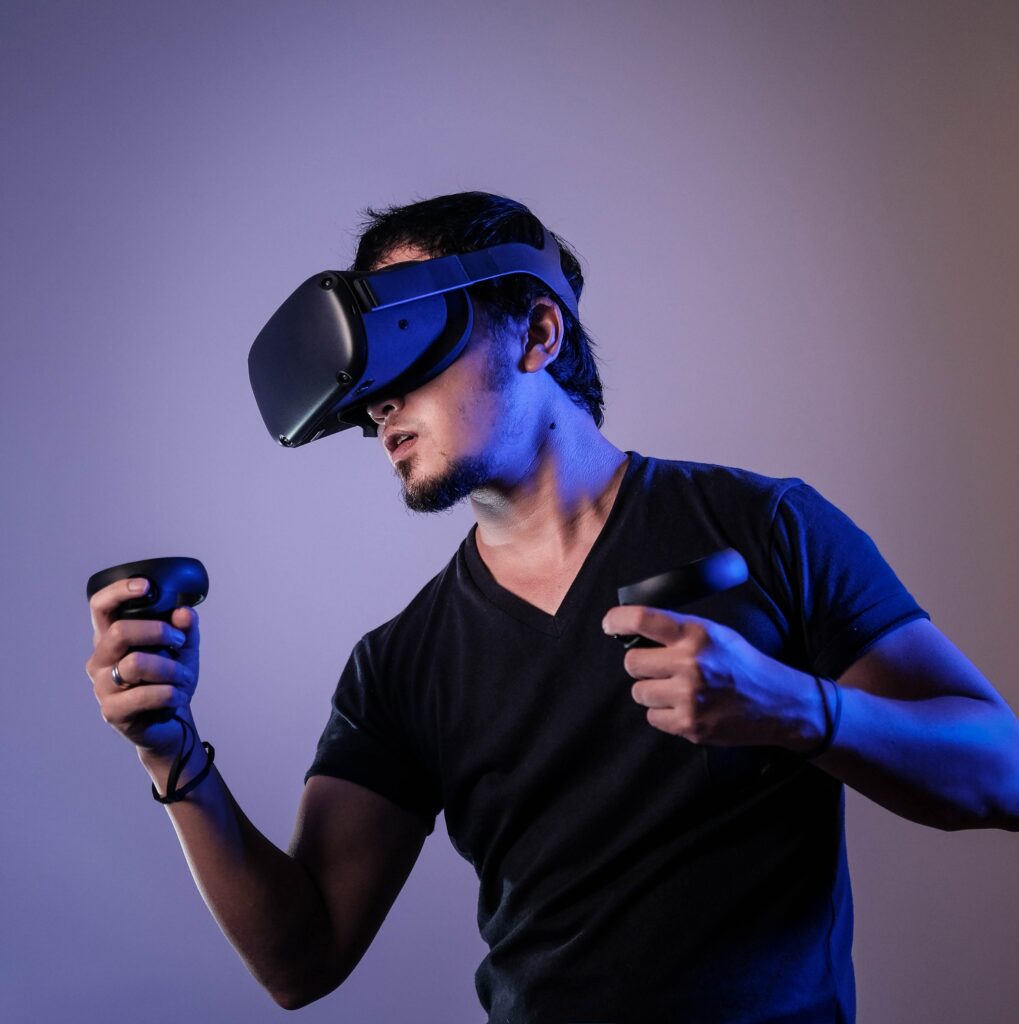The Evolution of Gaming: Unveiling the Impact of AI Video Games

In the fast-paced realm of technology, one revolutionary advancement that has seamlessly integrated into our lives is Artificial Intelligence (AI). From enhancing productivity in various industries to revolutionizing customer service, AI has left no stone unturned. Among its many applications, the domain of video games has witnessed a monumental transformation due to the integration of AI. This article delves into the profound effect of AI on video games, exploring how it has reshaped gameplay, storytelling, character interaction, and even the game development process itself.
1. Transforming Gameplay Dynamics
The very essence of a video game lies in its gameplay – the interactive experience that captivates players. AI has emerged as a catalyst in transforming traditional gameplay into a dynamic and engaging adventure. Gone are the days when NPCs (Non-Playable Characters) were mere scripted entities with predefined patterns. AI has breathed life into these characters, enabling them to adapt to the player’s actions, display intelligent behavior, and even learn from their interactions.
In open-world games like “The Elder Scrolls V: Skyrim,” AI-driven systems allow NPCs to lead intricate lives, performing daily tasks, interacting with the environment, and making decisions based on the in-game events. This not only enriches the player’s immersion but also creates a more realistic and dynamic game world.
2. Revolutionizing Storytelling
Video games have evolved beyond being mere entertainment. They have become a medium for storytelling, offering players the opportunity to immerse themselves in narratives. AI’s impact on video games extends to this realm as well. Dynamic storytelling, where the plot adapts based on player choices, has become more sophisticated with AI algorithms.
Games like “Heavy Rain” and “Detroit: Become Human” are prime examples. AI-driven systems monitor player choices, altering the narrative trajectory and ultimately leading to diverse outcomes. This personalized experience enhances player engagement, as decisions carry real consequences, creating a sense of agency that mirrors real life.
3. Enhanced Character Interaction
Interacting with in-game characters has taken on new dimensions with AI integration. Chatbots and voice recognition systems have empowered characters to respond intelligently to player conversations. Games like “Mass Effect” have implemented intricate dialogue systems where players’ choices during conversations influence relationships, alliances, and even the outcome of the game.
AI-powered character interaction has also paved the way for emotionally rich experiences. Characters can now recognize and respond to players’ emotional states, adapting their behavior accordingly. This results in more meaningful connections between players and virtual characters, enhancing the overall gaming experience.
4. Procedural Content Generation
Game development is a time-consuming and resource-intensive process. AI has introduced procedural content generation, which automates the creation of in-game elements such as landscapes, environments, and levels. This technology utilizes algorithms to generate content based on predefined rules and parameters.
“Minecraft” is a shining example of procedural generation. Its virtually infinite world is created algorithmically, offering players an ever-changing landscape to explore. Procedural content not only reduces development time but also ensures that players never run out of fresh experiences.
5. AI in Game Design and Testing
AI’s influence on video games extends behind the scenes. Game development involves iterative design and rigorous testing. AI algorithms have been employed to simulate player behavior and identify potential design flaws. This accelerates the testing process, leading to more polished games.
Furthermore, AI can aid in creating balanced gameplay. In multiplayer games, AI algorithms can monitor player behavior and adjust parameters like difficulty levels or match balancing to ensure a fair and enjoyable experience for everyone.
6. Realistic Graphics and Physics
Visually stunning graphics and realistic physics simulations are cornerstones of modern gaming. AI’s computational power has enabled developers to create incredibly detailed and immersive worlds. AI-based algorithms like machine learning can enhance image quality, upscale textures, and even predict missing details, resulting in visually impressive games.
Physics simulations have also taken a leap forward with AI. Games that require complex physics calculations, such as simulations of fluid dynamics, particle systems, and cloth physics, benefit from AI-driven algorithms that optimize performance while maintaining realism.
7. Adaptive Difficulty and Personalization
AI-driven systems are instrumental in providing adaptable gameplay experiences. Difficulty levels can now be dynamically adjusted based on player skill and performance. This ensures that players are consistently challenged without becoming frustrated. Games like “Left 4 Dead” utilize AI to control enemy behavior, adapting their strategies to match the players’ skill levels.
Personalization is another significant aspect influenced by AI. By analyzing player behavior and preferences, AI can recommend content, challenges, and game elements tailored to individual players. This level of personalization enhances engagement and player satisfaction.
8. The Road Ahead
As AI continues to evolve, its impact on video games is poised to grow even more profound. Predictive analytics can be leveraged to anticipate player behavior, enabling developers to create more responsive and engaging gameplay experiences. AI-powered procedural generation could extend to narrative design, crafting dynamic stories that react not only to player choices but also to the emotional states they exhibit during gameplay.
Moreover, the integration of AI with virtual reality (VR) and augmented reality (AR) could yield experiences that blur the lines between the real world and the virtual one, making gameplay even more immersive.
In conclusion, the effect of AI on video games has been nothing short of transformative. From reshaping gameplay dynamics and enhancing storytelling to revolutionizing character interactions and game development, AI has left an indelible mark on the gaming industry. As technology advances and AI algorithms become more sophisticated, the future promises even more exciting innovations in the world of video games. Players can look forward to increasingly immersive, personalized, and captivating gaming experiences that push the boundaries of imagination and technology.
Follow us for New Content Daily
Web – www.epicheroes.com
Twitter @epicheroes
Insta @epicheroesuk
http://www.youtube.com/c/Epicheroes
https://amazon.co.uk/shop/epicheroes
 Epic Heroes Entertainment Movies Toys TV Video Games News Art Pop culture news goodness
Epic Heroes Entertainment Movies Toys TV Video Games News Art Pop culture news goodness




